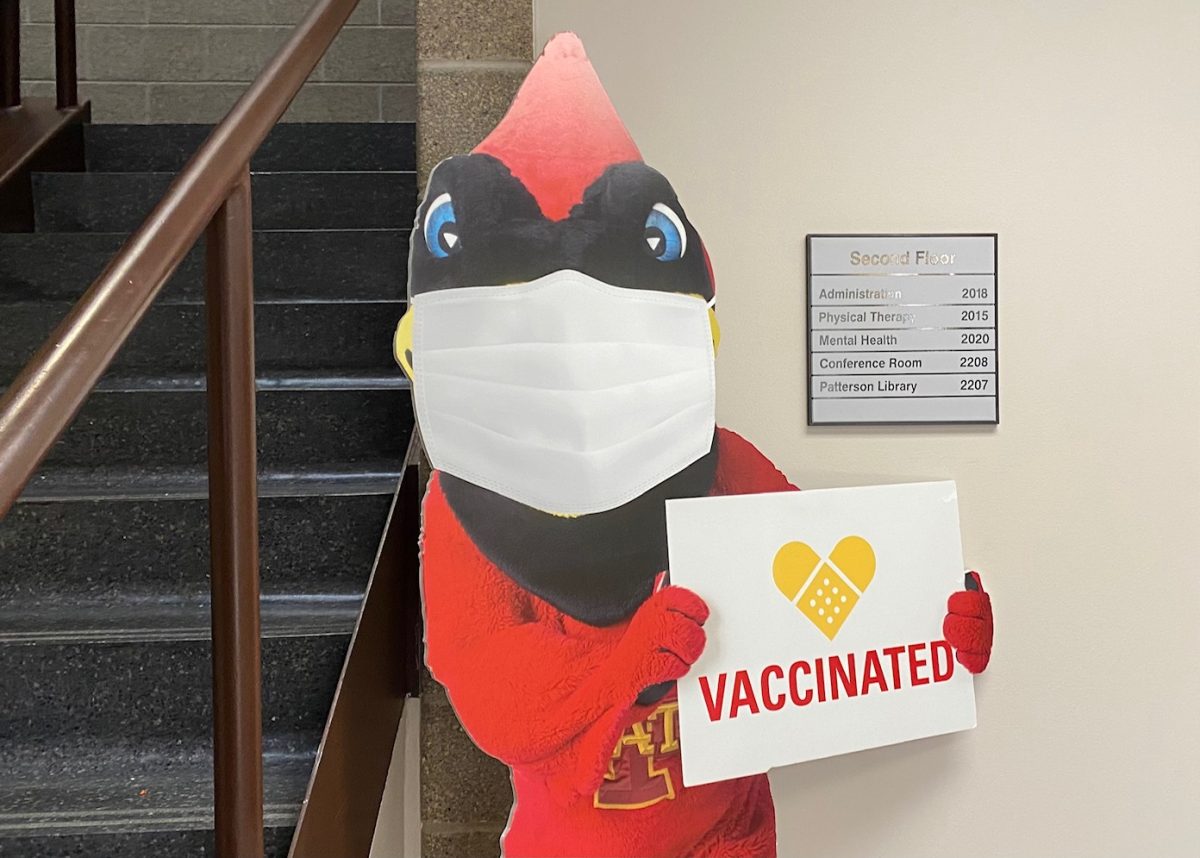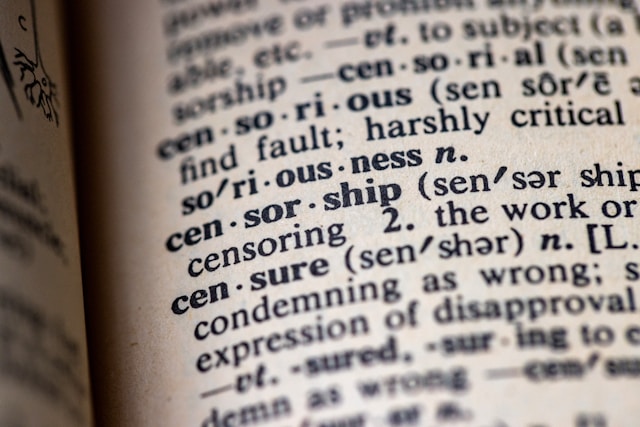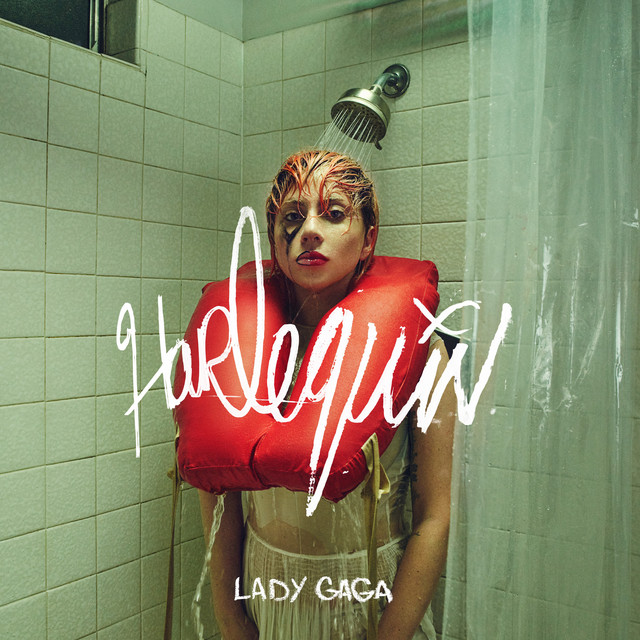New learning community targets women on welfare
November 11, 1999
Women on welfare soon will have their own learning community at Iowa State due in part to a $2,325 grant from the Iowa Women’s Foundation.
The group, WE CAN, will be having its first informational meetings today at noon and Saturday at 10 a.m. at the Margaret Sloss Women’s Center.
The learning community, which is a group of similar students living together in a residence hall, will be available to any female student receiving government assistance. Childcare will be provided Saturday for women interested in attending the session.
“The main goal is to help women get the resources that they need to stay in school and to get them connected to career services, financial aid, the Computation Center, [among other services]. We want to help them feel comfortable being on campus and negotiating campus life,” said Lisa Enloe, practical placement coordinator for human development and family studies.
Enloe, who has worked with the Story County project Beyond Welfare, collaborated with Penny Rosenthal, director of Off Campus and Adult Student Services, to request grant money and develop an advisory board that could work with ISU students on welfare.
WE CAN, an acronym for Women Exploring Careers, Academics and Networks, still is in the developmental stage, but it has gained support from several groups.
Representatives from Student Financial Aid, the Registrar’s Office, Student Support Services, Career Services, the College of Family and Consumer Sciences, women’s studies and Minority Student Services will help facilitate the learning experiences of the group.
The goal is to develop a “learning community that helps women with academics and student services by providing a wide variety [of education on those topics],” Enloe said. “The broad spectrum of facilitators can meet a lot of needs.”
Enloe said organizers are looking forward to getting student input on what they want the community to eventually provide to students.
“We want these women to tell us what they need, and because of our connection to the university, we can help them get connected with the services they need to stay in school,” she said.
Future plans for the learning community include weekly or bi-weekly support group meetings and at least four workshops per semester, Enloe said.
Those workshops will probably address career planning, financial aid, ISU resources, budgeting and computer skills, she said.
“Our hope and our goal is that the group will be consumer-driven; the key part is that we can facilitate their needs,” she said.
Rosenthal said the response to the request for supporters was very high.
“I was delighted when we started asking people to be on the board at the number of people who are motivated to support female students in the situation these students are in,” she said.
The Iowa Women’s Foundation has been a key supporter in helping get the program off the ground, Rosenthal said.
IWF, a statewide, public, nonprofit foundation based in Iowa City, raises its funds through contributions from individuals, organizations and corporations.
Regenia Bailey, executive director of IWF, said the foundation’s goal is to “serve girls and women in Iowa, including those who are displaced, impoverished, incarcerated, institutionalized, lesbian, older, rural, physically or mentally challenged, single mothers, women of color or young girls.
“Addressing the issue of state assistance and poverty with supporting groups of women in educational endeavors addresses a root cause — a woman’s lack of access to education or to a job that can help move her out of poverty. WE CAN supports the understanding that education can help alleviate poverty, and women who are struggling to succeed in a challenging environment can do so,” she said.






